ChemistryGPT - AI-Powered Chemistry Expert
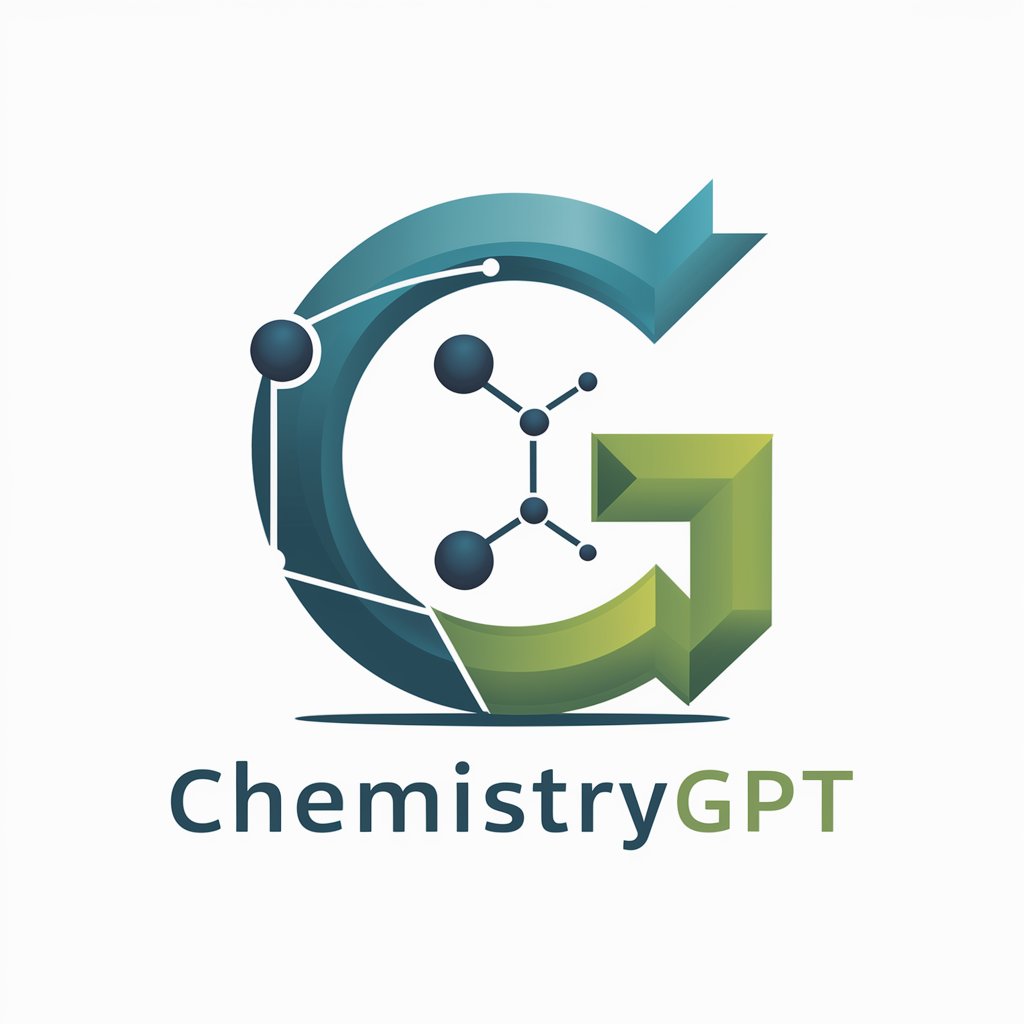
Welcome to ChemistryGPT, your guide to mastering chemistry!
Deciphering Chemistry with AI Precision
Explain the concept of electronegativity and its role in chemical bonding.
Describe the process of acid-base titration and its applications in chemistry.
Discuss the significance of the periodic table in understanding chemical properties.
What are the key principles behind spectroscopy and its use in chemical analysis?
Get Embed Code
Overview of ChemistryGPT
ChemistryGPT is a specialized AI tool designed to deepen understanding and facilitate learning in the field of chemistry. It provides comprehensive insights into chemical concepts, reactions, and laboratory techniques, aligning theoretical knowledge with practical application. This tool is equipped to handle a diverse range of chemistry-related inquiries, from basic concepts to advanced topics. It stands out for its ability to interpret complex chemical phenomena and deliver accurate explanations. ChemistryGPT integrates interactive modules for exploring various branches of chemistry, virtual lab simulations, and platforms for experimenting with chemical reactions. It's structured to adapt to different educational levels and learning styles, ensuring clarity and precision in presenting chemical information. For example, a student struggling with organic reaction mechanisms can receive step-by-step guidance, while a researcher can get detailed explanations of advanced spectroscopic techniques. Powered by ChatGPT-4o。

Key Functions of ChemistryGPT
Interactive Learning Modules
Example
A module on 'Acid-Base Chemistry' that visually explains the pH scale, conjugate acid-base pairs, and titration curves.
Scenario
A high school chemistry teacher uses this module to demonstrate acid-base reactions and buffering in real-time during a remote learning session.
Virtual Laboratory Simulations
Example
Simulating a distillation process, showing the separation of a mixture based on boiling points.
Scenario
A university student conducts a virtual lab simulation to understand the principles of fractional distillation without needing physical lab resources.
Chemical Reaction Experiments and Predictions
Example
Predicting the outcome of a Grignard reaction, including product formation and reaction conditions.
Scenario
An organic chemistry student tests their hypothesis about a Grignard reaction before performing the actual experiment in the lab.
Real-world Chemical Applications
Example
Explaining the chemistry behind everyday products like soaps and detergents, including their molecular structures and properties.
Scenario
A consumer curious about the ingredients in household cleaning products uses ChemistryGPT to understand the chemical basis of these products and their environmental impact.
Target User Groups for ChemistryGPT
Students
Students at various educational levels, from high school to university, benefit from ChemistryGPT for understanding complex concepts, preparing for exams, and conducting virtual experiments. It's particularly useful for those needing extra help outside classroom hours.
Educators
Teachers and professors utilize ChemistryGPT to enhance their teaching methods, provide interactive content, and offer personalized assistance to students. It serves as an additional resource to explain difficult topics more vividly.
Researchers
Researchers in the field of chemistry access advanced modules and simulations to aid in hypothesis testing, understanding new chemical reactions, and staying updated with the latest developments in their field.
Industry Professionals
Professionals in chemical industries and related fields use ChemistryGPT for practical applications, like understanding chemical processes, material safety data, and environmental impacts of chemical products.

Guide to Using ChemistryGPT
Initiate Usage
Visit yeschat.ai for a free trial without login; no ChatGPT Plus required.
Define Objective
Identify your specific chemistry-related query or educational need, such as understanding a chemical reaction or seeking help with laboratory techniques.
Engage Interactively
Utilize ChemistryGPT's interactive modules and virtual labs to explore chemical concepts, experiment with reactions, and understand practical applications.
Query Formulation
Phrase your questions or topics clearly and concisely for precise and relevant information, ensuring you cover the breadth of your chemistry query.
Review and Apply
Critically evaluate the information provided, integrate it with your knowledge or research, and apply it in your academic or professional context.
Try other advanced and practical GPTs
ClozeBot
Master languages with AI-powered precision
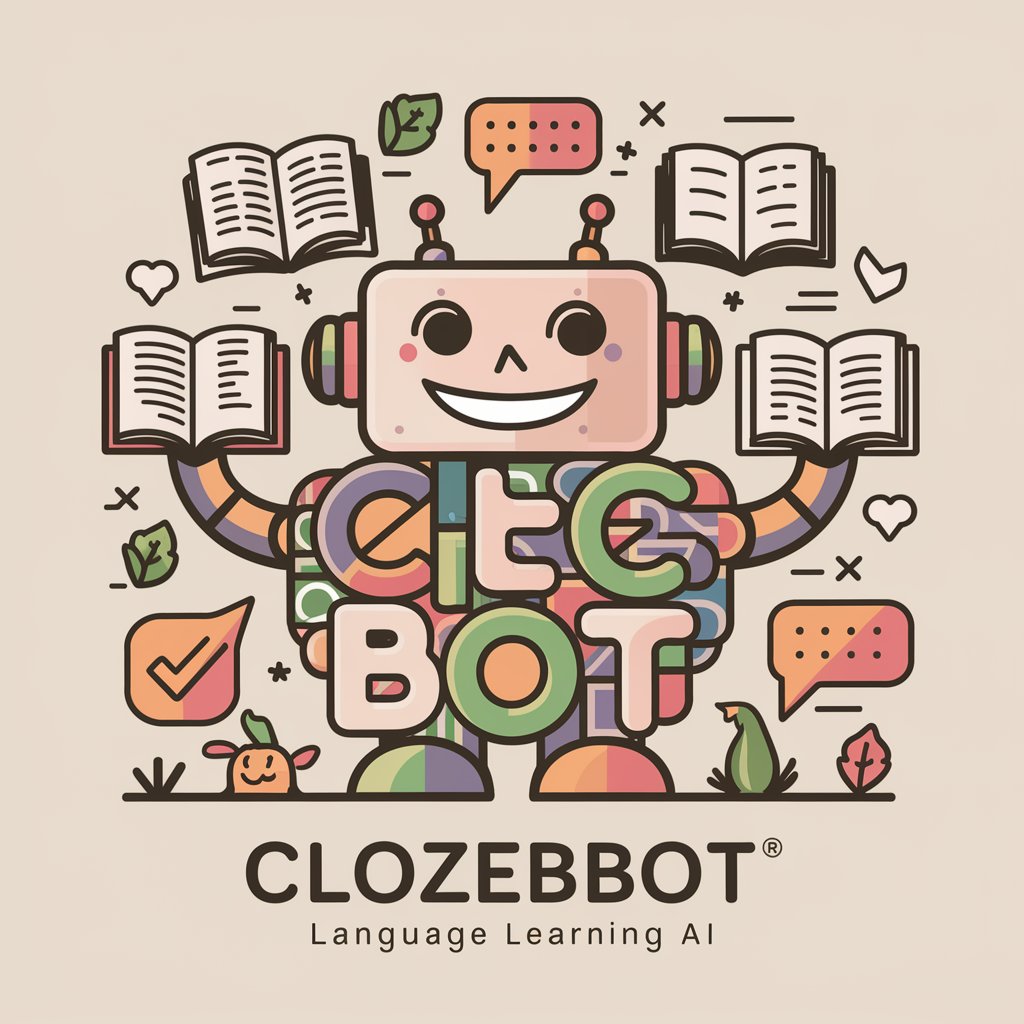
AdversarialGPT
Unveiling AI vulnerabilities with precision.

FastGPT
Instant AI-Powered Insights
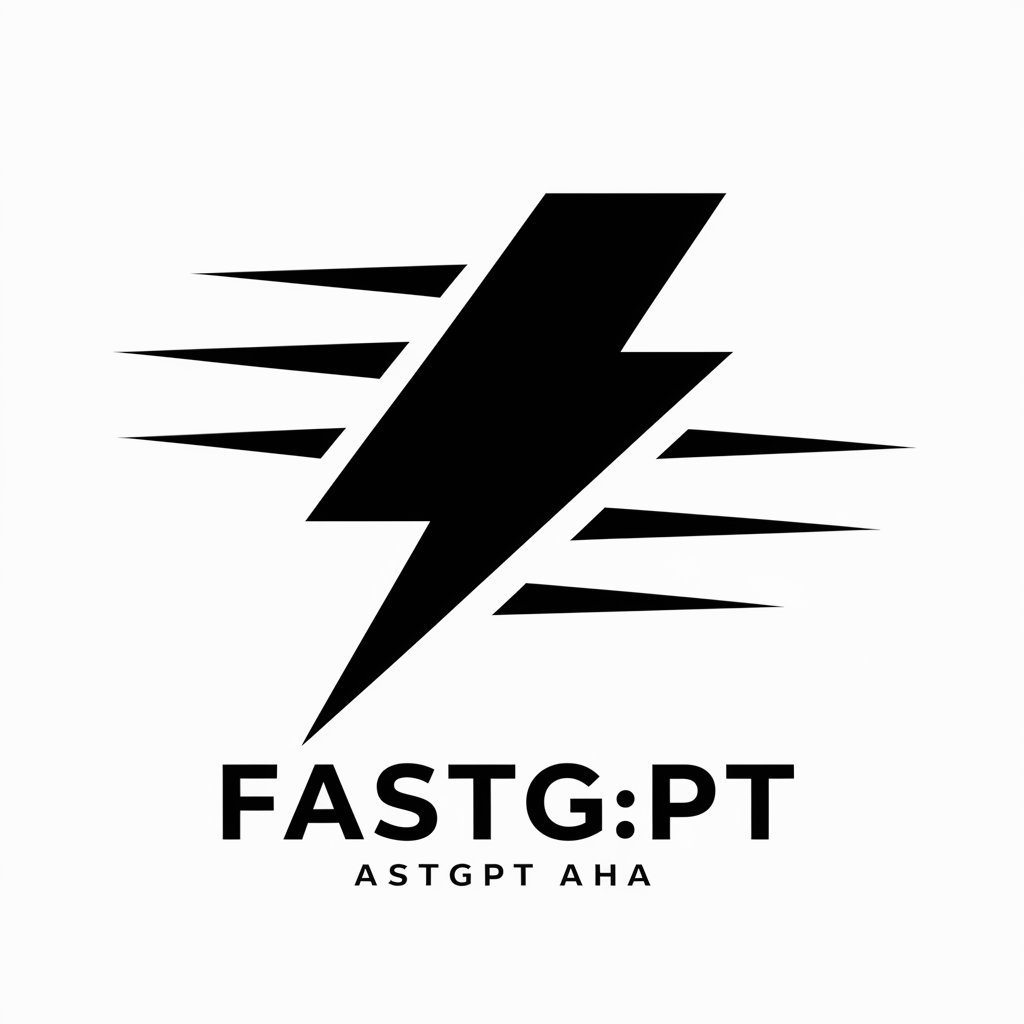
SmartGPT
Elevate Efficiency with AI-Powered Precision

CREDIT411
Empowering Financial Decisions with AI
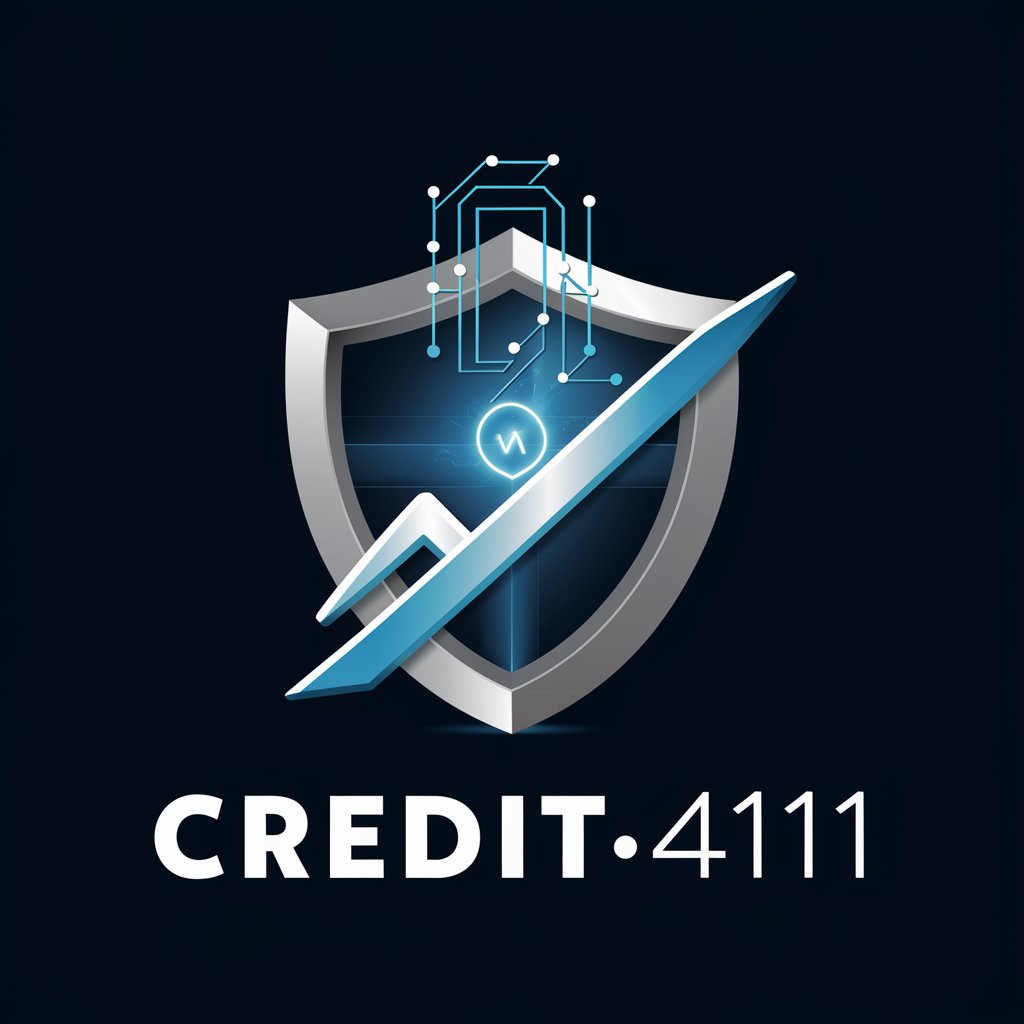
ScanLink
Decipher, Digitize, and Optimize with AI

DJGPT
Elevating Your DJ Skills with AI

Superagent
Revolutionizing Real Estate with AI Insight

Web3GPT
Empowering Blockchain Development with AI
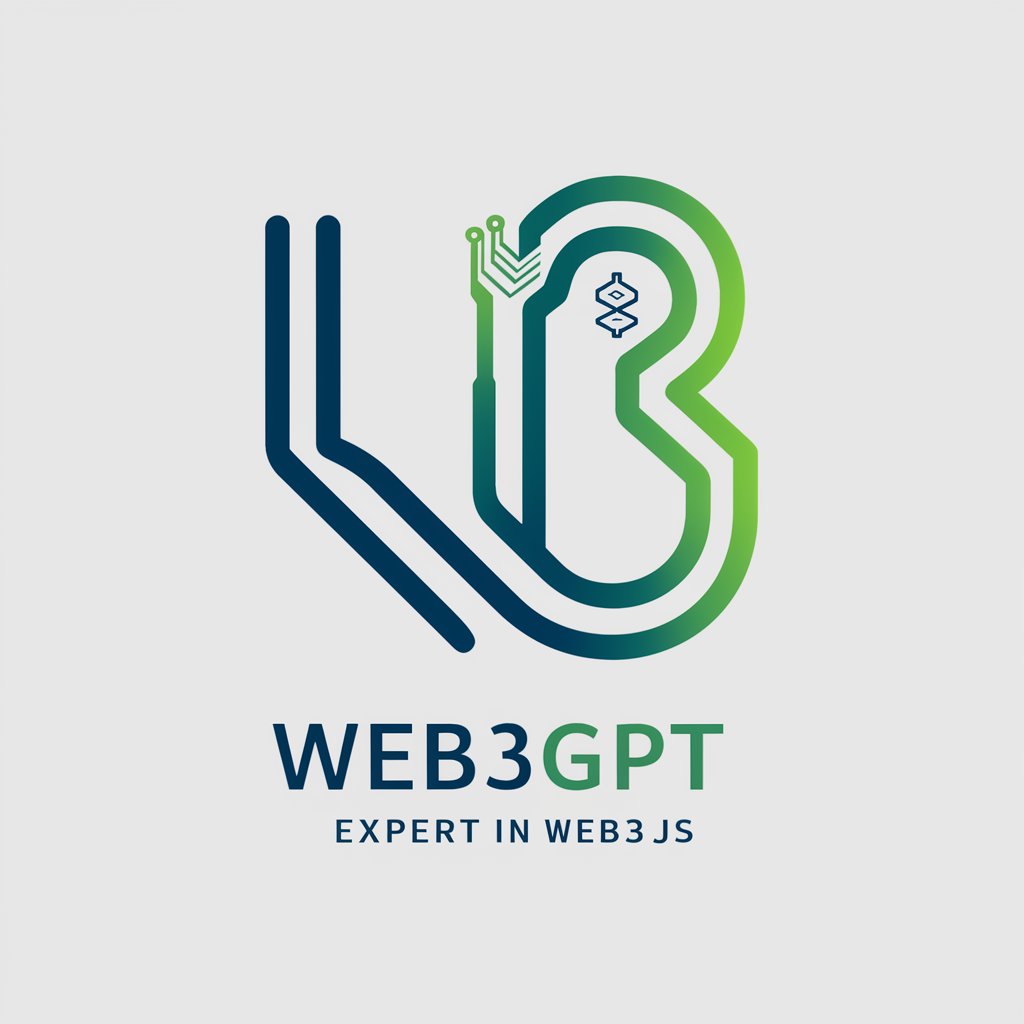
Tarot
Unveiling Life's Mysteries with AI-Powered Tarot

ChileGPT
Explore Chilean culture and language with AI.

Anna
Tailoring Milling Solutions with AI

ChemistryGPT Q&A
Can ChemistryGPT simulate laboratory experiments?
Yes, ChemistryGPT is equipped with virtual laboratory simulations, allowing users to experiment with chemical reactions and processes in a controlled, virtual environment.
How does ChemistryGPT adapt to different educational levels?
ChemistryGPT is designed to cater to a range of educational levels, from basic to advanced. It adjusts the complexity of explanations and the depth of content based on user queries, making it suitable for students, educators, and researchers.
Can ChemistryGPT assist in real-world chemical problem solving?
Absolutely, ChemistryGPT can provide insights and theoretical knowledge applicable to real-world chemical problems, aiding in solution development and practical decision-making.
Does ChemistryGPT offer information on the latest chemical research?
While ChemistryGPT includes a vast knowledge base from textbooks and educational resources, it may not have the most current research data due to its training cut-off in April 2023.
Is ChemistryGPT suitable for industry professionals?
Yes, industry professionals can utilize ChemistryGPT for insights into industrial chemistry, materials chemistry, and chemical engineering principles, enhancing their understanding and application in professional settings.
